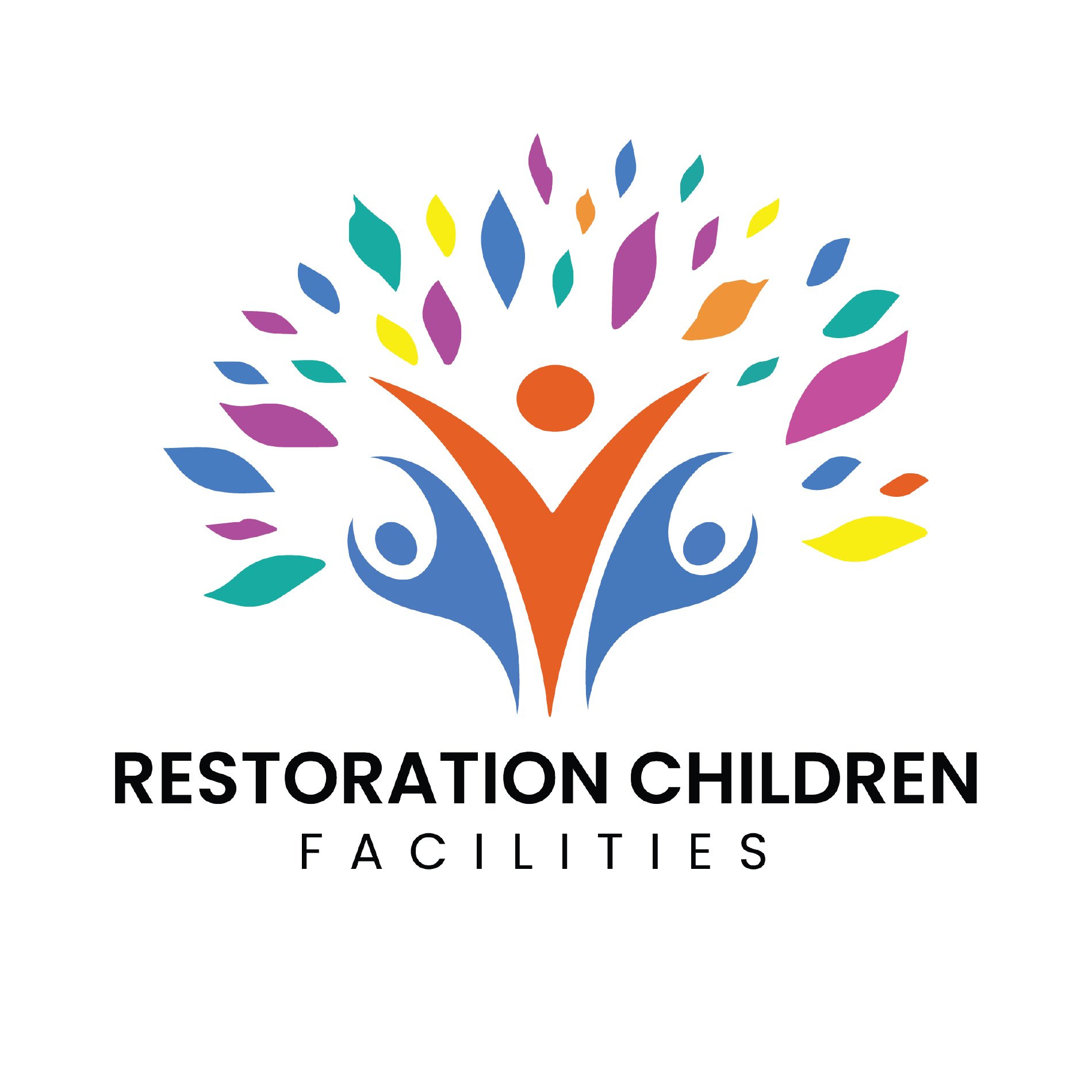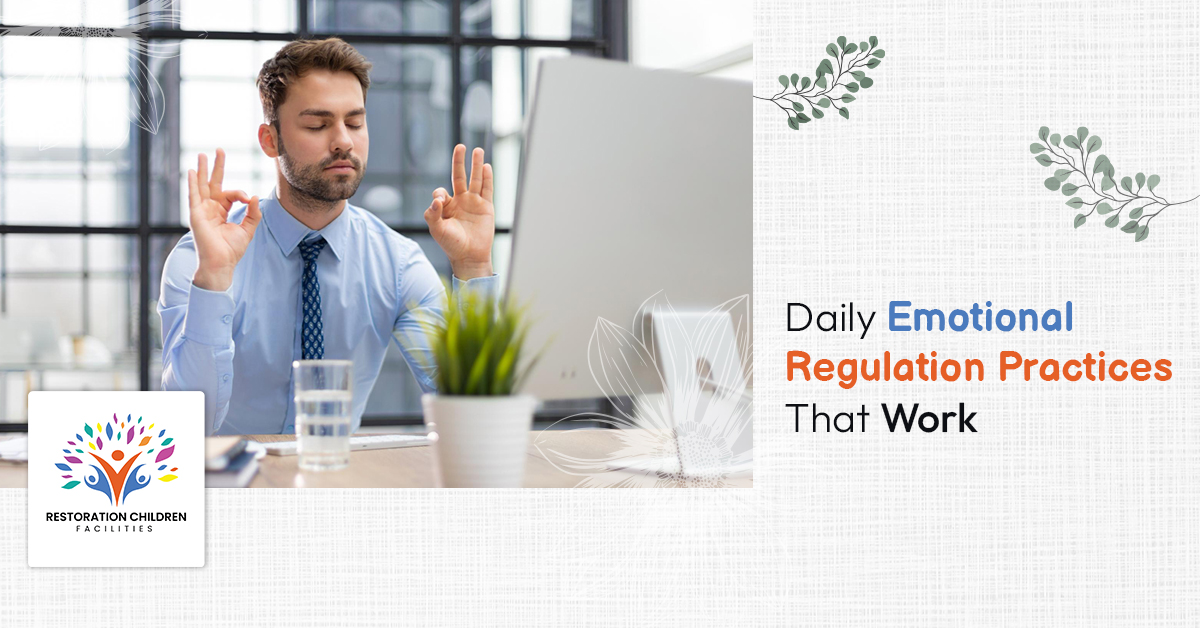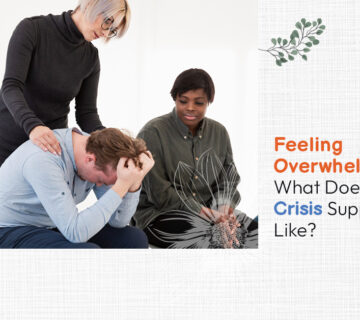Did you ever have the experience of having your entire day ruined by just a single incident?
You get stuck in traffic and somebody cuts you off, your boss sends you a vague email, or you lose your keys, and suddently you are a mess.
Your heart is racing, your head is whirling, and you think you are losing your head over nothing.
That is what life is like when you do not have emotional regulation skills.
What Happens When You Can’t Regulate
You don’t need to fight your feelings. In fact, they are attempting to assist you, even in times of feeling bad.
Fear keeps you safe. Anger defends your boundaries. Grief assists you in working through loss.
This issue manifests itself when such sentiments take over all other things. You shout at your child when you are incredibly angry at work.
You cancel plans because you are scared that something horrible is going to occur
What Actually Helps
Forget wellness influencers telling you to journal for an hour every morning. These practices take minutes and work in real life.
Stop and Label It
Next time you feel yourself getting worked up, say the feeling out loud. “I’m frustrated right now.” “This is anxiety talking.” “I feel rejected.”Putting words to emotions literally changes your brain chemistry. Your thinking brain wakes up and your emotional brain calms down. It’s not magic—it’s neuroscience.
The Body Scan
Your body knows you’re stressed before your mind catches up. Take thirty seconds to check in:
- Where’s the tension sitting?
- What’s your breathing doing?
- Are you hot or cold?
- Is your heart pounding?
Just noticing these things gives you back some control. You’re observing instead of drowning.
Breathe
The breath out is more important than the breath in. When you take a longer time to exhale than to inhale, your body feels like the danger has been passed
Give it a try, four seconds in through your nose, six seconds out through your mouth.
Do it twice. Your nervous system just got the “we’re okay” message.
Get Out of Your Head
Emotions live in your body, not just your thoughts. When you’re overwhelmed, your system needs to discharge that energy. Options:
- Walk fast for five minutes
- Punch a pillow
- Do wall pushups until your arms shake
- Dance to one loud song
You’re not avoiding the feeling, you’re processing it through your muscles instead of ruminating in circles.
The Cold Water Trick
Cold water hits your vagus nerve and forces your body to calm down. It’s like a circuit breaker for panic and rage. Try:
- Dunking your face in ice water for fifteen seconds
- Holding ice cubes in your hands
- Running cold water over your wrists
When Daily Tools Aren’t Enough
Sometimes you need more than self-help tactics. If you’re dealing with trauma, bipolar disorder, severe depression, or anything that keeps knocking you sideways, get real help.
Restoration Children Facilities in Mississippi works with kids from twelve up and adults through age fifty-five who are struggling with serious mental health challenges.
PTSD, schizophrenia, anxiety disorders, mood swings that won’t quit, we’ve seen it all.
Our Acute Partial Hospitalization Program is for people who need intensive support but don’t need to be in a hospital. You get:
- Psychiatric evaluation and therapy sessions
- Medication monitoring and adjustments
- Daily check-ins with experienced staff
- Educational support if you’re in school
We also handle crisis situations when you’re at your breaking point, coordinate all your care needs through case management, and provide after-school programs for students who got suspended or expelled.
Two locations, Belzoni and Gulfport—both set up to give people structured help while they’re getting stable.
Related: What Happens During a Mental Health Crisis Stabilization?
Making This Stick
Pick one thing from this list. Not five. One. Try it every day this week. When it becomes automatic, add another.
You won’t master emotional regulation in a month. Some days you’ll still lose your temper or spiral into darkness. That’s fine.
But each time you pause to name your feeling or take those longer exhales, you’re building new pathways in your brain.
Over time, your default responses change. The space between trigger and reaction gets bigger.
Get Help That Works
If you’re in Mississippi and these daily practices aren’t cutting it, call Restoration Children Facilities.
Your emotions don’t have to run your life. Reach out today and start building something better.
FAQs
How long before I see results?
Certain methods are immediate. It will take several weeks of daily practice to develop real emotional regulation, but you will see little changes in a matter of days.
What if I forget during a crisis?
Do it when you feel good so that it becomes habitual. The more you practice these tools during low-stressful situations, the better they will be in the most crucial situations.
What if I forget during a crisis?
Do it when you feel good so that it becomes habitual. The more you practice these tools during low-stressful situations, the better they will be in the most crucial situations.
Can teenagers use these techniques?
Absolutely. Restoration Children Facilities teaches these skills to youth starting at age twelve. The practices work for anyone who can follow basic instructions.







